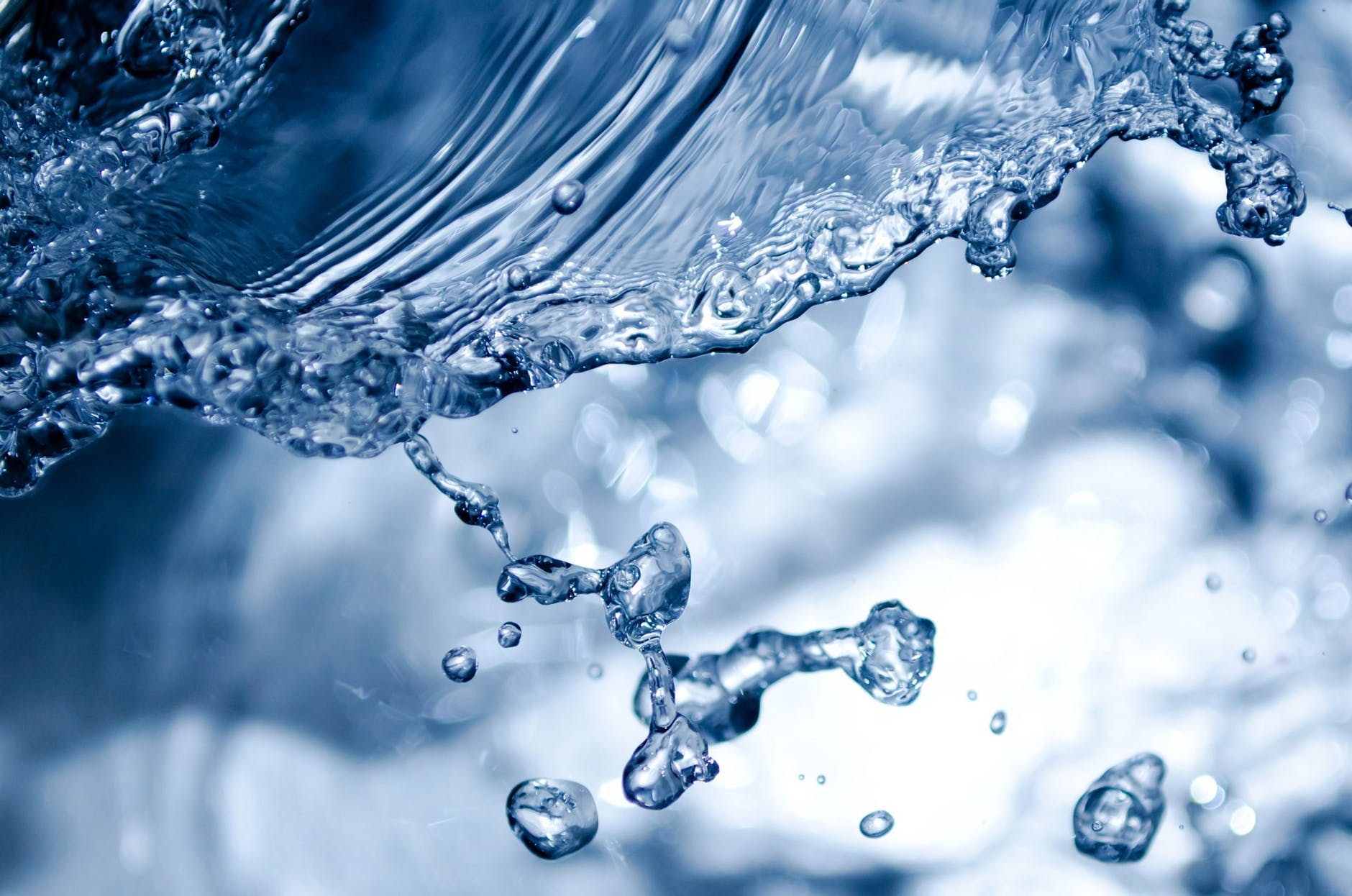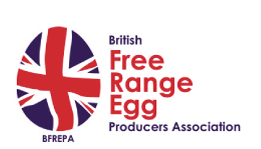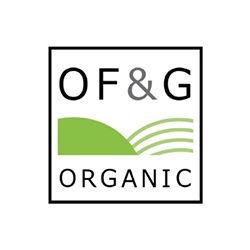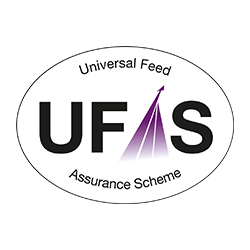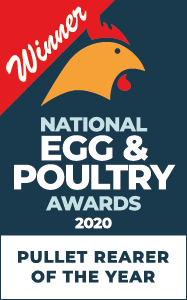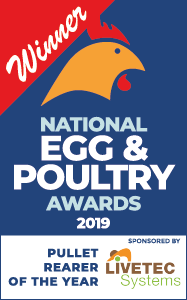Birds consume nearly twice as much water as feed, so water, is as important an as feed.
Providing your birds with a clean supply is key for a healthy flock. Water helps birds to;
- digest their food
- transports nutrients
- regulates temperature
- aids the removal of waste products
In this blog, we cover water; its mineral components, its pH, and what else can be present in it and what effects these can all have on the health of your birds.
Mains vs. Bore Hole supply
Where your water comes from will determine how you manage it:
If you use mains water, the quality is usually good enough for chickens b. If your water comes from a bore hole, then regular testing at source is required, because the water composition can change day to day. New bore holes can take 3-6 weeks to settle down so do not rush to correct anything before you are similar consistent readings.
Borehole water can be more acidic than mains water and can have higher levels of certain minerals which may have a adverse effect to the health of your birds.
Mineral components
There are a great number of minerals present within water:
- Iron
- Manganese
- Sulphates
- Sodium
- Chloride
- Nitrate
- Calcium
- Magnesium
In order for your water supply to support your flock, the minerals are required to be broadly in the correct proportions. Slightly elevated levels of certain minerals may have little effect on performance, whilst others can cause health issues for the birds.
The mineral content of water is affected by the hardness of the water, i.e. the amount of dissolved minerals within it. It can be associated with the build-up of scale and deposits and is not usually harmful to poultry but extreme hardness can affect water administered medications as well as water pipes etc.
Diarrhoea is a common ailment related to elevated levels of the following minerals in conjunction; sodium and chloride, magnesium and sulphate and sulphates and sodium. High levels of a combination of nitrates and nitrites can affect the structure of haemoglobin and the birds’ oxygen carrying capability.
Water pH
Water that is excessively acidic or excessively alkaline can have negative effects on performance.
Alkaline water (pH >8) can affect the efficacy of antibiotics and vaccines and can also contribute to the proliferation of bacterica.
Acidic water (pH <4) can be unpalatable to drink, and can corrode metal equipment.
Microbiological Contents
When testing for microbiological contents, there are 3 main measures that can be recorded;
TVC – total viable count – a basic indicator of general bacterial contamination
Total Coliforms – can be present in soil, vegetation, livestock waste, human and animal faeces. They are widely distributed in topsoil meaning surface water is often contaminated. They are undesirable and can be indicative of potential harmful bacteria.
Faecal Coliforms – these bacteria are only present in human or animal gut and faeces. They do not survive for long in water and their presence indicates fresh faecal pollution and is indicative of harmful bacteria.
If your water is showing high levels of any of these micro-organisms, particularly the Faecal Coliforms, your water needs urgent attention to ensure that it is clean for your birds. Remember, if you would not be prepared to drink the water, why should you expect your birds to drink it, and perform to breed targets.
In our next blog, we will look at how to manage your water content and cleanliness for a more happy and productive flock.
If you have any questions relating to your flock’s water supply or free range egg / pullet production, please get in touch here or call us on 01962 764555.

